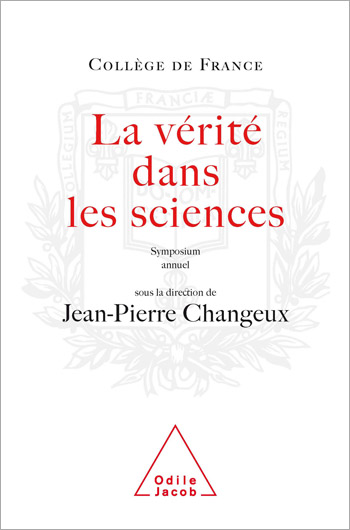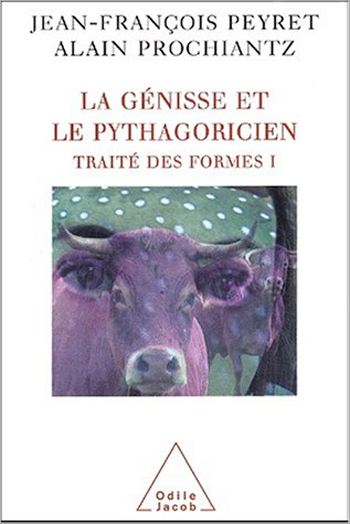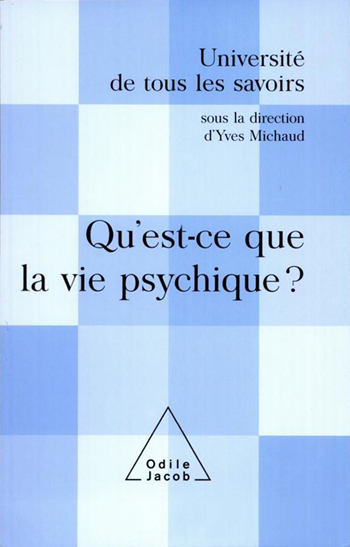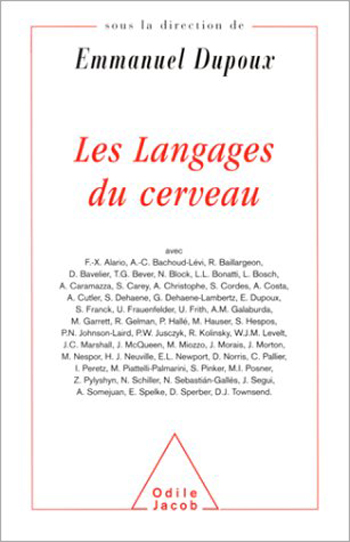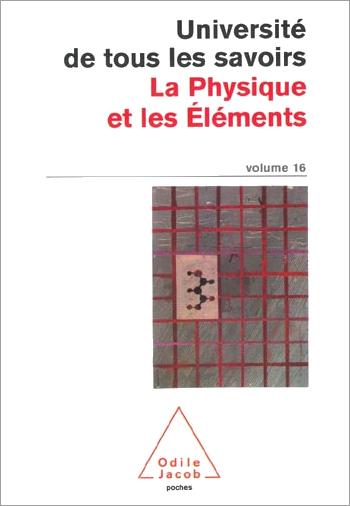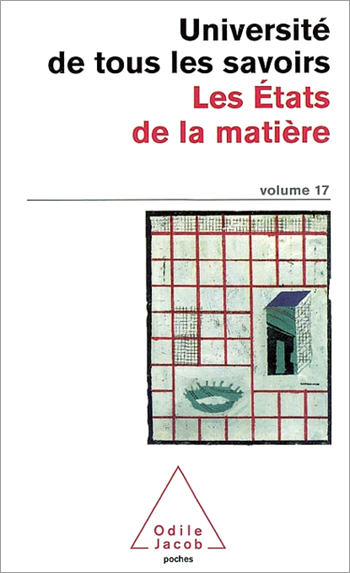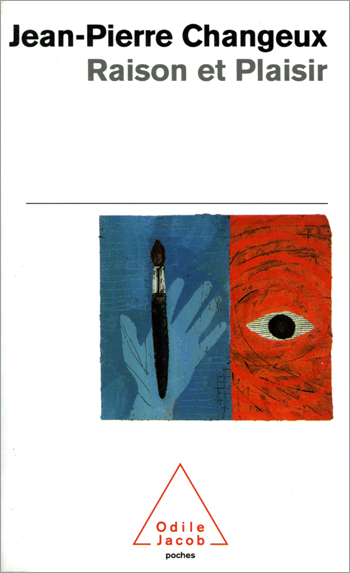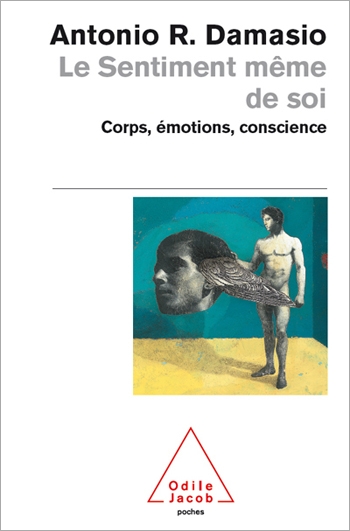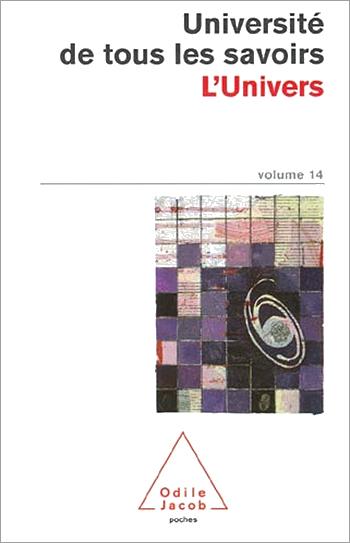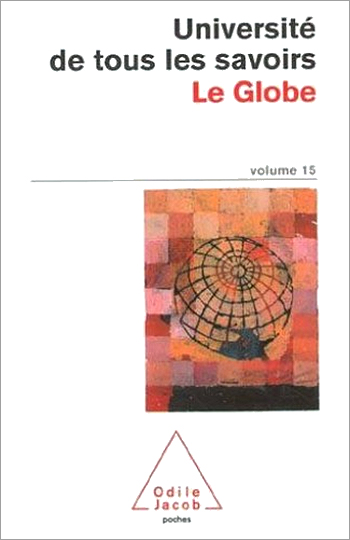Science All books
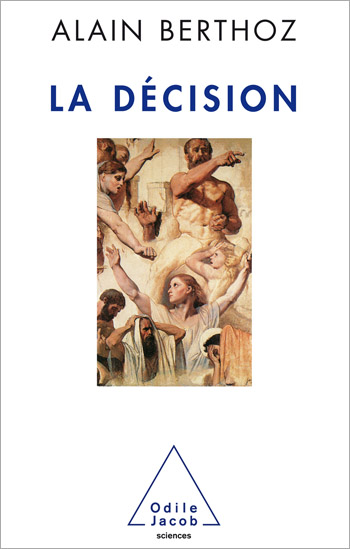
Alain Berthoz
The Decision
In this work, Alain Berthoz examines the psychology of decision-making, based on his conception of the human brain not as a calculator or compiler but as a simulator of action. Instead of considering the process of decision-making as a rational one, based on logical tools, he regards it as the fundamental property of the nervous system, its goal being to prepare, command and control actions and shows that to decide is to predict. Alain Berthoz teaches physiology of action and perception at the Collège de France.
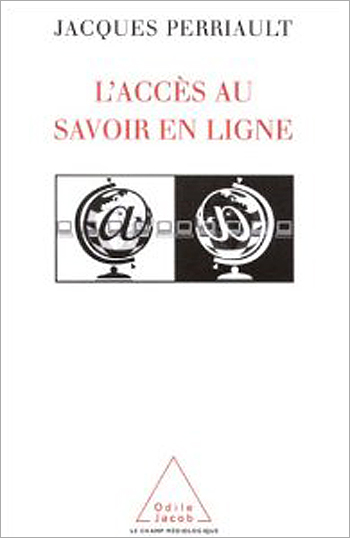
Jacques Perriault
Access to Online Knowledge
It is now possible to research and organise information and study online, through the Internet and with the help of satellites. However, the euphoric claims made for e-learning in the past, and the posturing strategies of telecommunications operators, were followed by a profound feeling of disillusion. What is the digital future ? What role can it play in education ? What measures need to be put in place in order to ensure long-lasting development ? Jacques Perriault teaches media and communications studies at the University of Paris-X-Nanterre.
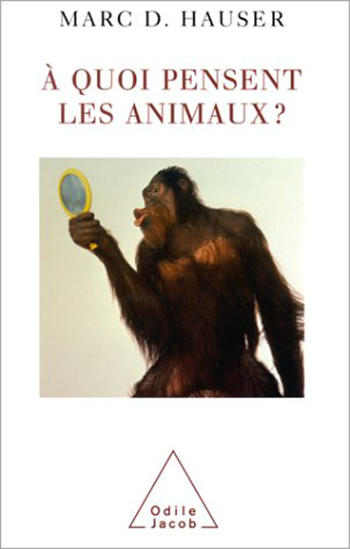
Marc D. Hauser
Wild Minds: What Animals Really Think
A slender loris comes up to a zoo keeper and hugs him. A dog lowers its head and whines when its master is unhappy. Is such behaviour a sign of affection and empathy or are other mechanisms at work, to explain the animals near-human behaviour? Why do chimps and dolphins form coalitions to defend themselves? How do lions determine, from far away, the number of gazelles calmly watering by a stream? How is it that a few species can recognise their own image in a mirror? Marc D. Hauser is a professor of psychology and neuroscience at Harvard University, where he is a fellow of the Mind, Brain and Behavior Program. Besides performing laboratory research, he has done extensive fieldwork in Kenya, Uganda and Puerto Rico.
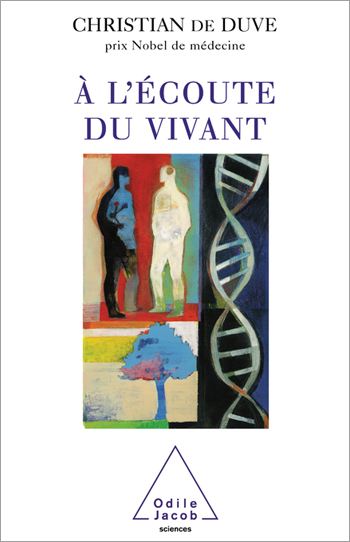
Christian de Duve
Listening to the Living
Everything one should know about biology is explained here by a Nobel Prize winner, including the origin of life, its chemical production and reproduction, the history of life, its earliest forms and also human evolution, the brain, the genius of genetics, and extra-terrestrial life. Finally, the author shows that although biology has undermined arguments in favour of the existence of God, religion and faith are a necessary product of nature selection. Christian de Duve is the director of the Brussels-based International Institute on Cellular Pathology. He was awarded the Nobel Prize in Physiology or Medicine in 1974 for his findings concerning the structural and functional organisation of cells.
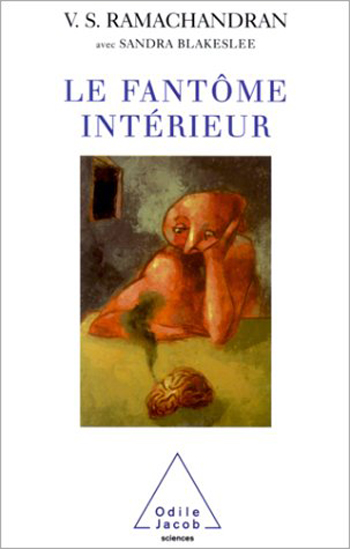
Vilayanur S. Ramachandran, Sandra Blakeslee
Phantoms in the Brain Human Nature and the Architecture of the Mind
How do we make decisions? Why do we deceive ourselves? Why do we dream? Why may we believe in God? Why do we laugh or become depressed? Few scientists have dared address these questions that inform our daily lives with so much acumen and audacity. V.S. Ramachandran is a brilliant Sherlock Holmes of neuroscience. He reveals the strangest case studies he has encountered of patients suffering from serious neurological disorders and the insights they yield about human nature and the workings of the mind. V.S. Ramachandran is professor and director of the Center for Brain and Cognition, at the University of California.
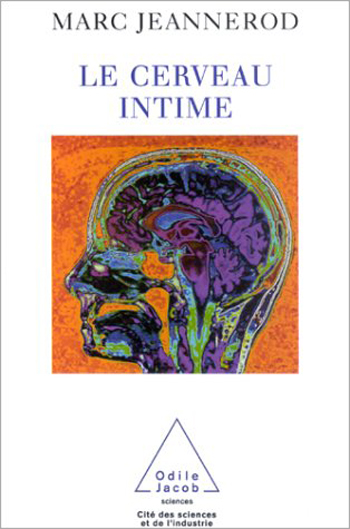
Marc Jeannerod
The Intimate Brain
Today, the brain has ceased to be regarded as existing in isolation in the human body. It is now considered in relation to its sensory, emotional and cultural environment. This book asks the question of what are the mechanisms and chemistry of the emotions? How do emotional states and the consciousness of those states permeate memory and thought? How does depression affect the emotions, and how can it be treated? How is the consciousness of self and of others constructed? Marc Jeannerod teaches physiology at the University Claude-Bernard-Lyon-I, and is the director of the Institute of Cognitive Sciences.

